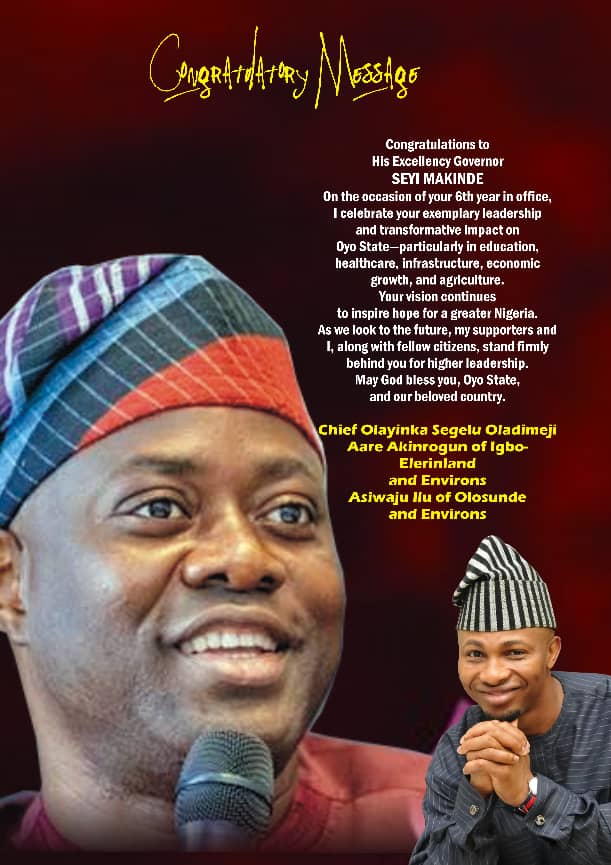An immigration lawyer, Olubusayo Fasidi, has disclosed before the Lagos state election petition tribunal that the deputy governor of Lagos, Dr Obafemi Hamzat applied for naturalisation of the US as contained in forms 8CFR/337 and N400.
Fasidi appeared before the tribunal on Thursday and was led in evidence by Olumide Ayeni, counsel to Gbadebo Rhodes-Vivour, governorship candidate of the Labour Party in the last election.
She claimed that Hamzat took an oath of allegiance in the US to renounce his Nigerian citizenship.
According to NAN, Ayeni tendered documents to the three-member tribunal but counsel to all the respondents objected.
The counsels said the reasons for their objection will be included in their final written addresses.
During cross-examination by Eric Ogiegor, counsel to the Independent National Electoral Commission (INEC), the immigration lawyer said that an individual could enjoy dual citizenship.
She added that she was not aware of the provision of Nigeria’s 1999 constitution (as amended) that dealt with dual citizenship.
She disclosed that she was subpoenaed before the tribunal to explain US law and not Nigeria’s constitution.
Bode Olanipekun, counsel to Hamzat and Babajide Sanwo-Olu, asked the lawyer to disclose the jurisdiction and date Hamzat applied for naturalisation.
She said she would not because the information was protected by the Privacy Act of 1974.
Norris Quakers, counsel to the All Progressives Congress (APC), asked the witness if she was aware that Hamzat disclosed his American citizenship.
The witness replied in the affirmative.
In his response, Quakers argued that the witness addressed issues of law and not of facts.
While admitting the documents tendered, the tribunal led by Arum Ashom, the judge, ordered counsel to the respondents to include their objections in their final written addresses.
The case was adjourned to June 26 for continuation of hearing.
Rhodes-Vivour is challenging the victory of Sanwo-Olu and his running mate, Hamzat, at the March 18 governorship election.
Section 182 (1) of the 1999 constitution states that: “No person shall be qualified for election to the office of Governor of a State if — (a) subject to the provisions of Section 28 of this Constitution, he has voluntarily acquired the citizenship of a country other than Nigeria or, except in such cases as may be prescribed by the National Assembly, he has made a declaration of allegiance to such other country”.
Section 187 (2) states that: “The provisions of this Part of this Chapter relating to qualification for election, tenure of office, disqualifications, declaration of assets and liabilities and Oath of Governor shall apply in relation to the office of Deputy Governor as if references to Governor were references to Deputy Governor”.
Section 28 (1) states that: “Subject to the other provisions of this section, a person shall forfeit forthwith his Nigerian citizenship if, not being a Nigerian citizen by birth, he acquires or retains the citizenship or nationality of a country, other than Nigeria, of which he is not a citizen by birth”.
Section 28 (2) reads as follows: “Any registration of a person as a citizen of Nigeria or the grant of a certificate of naturalisation to a person who is a citizen of a country other than Nigeria at the time of such registration or grant shall, if he is not a citizen of birth by that other country, be conditional upon effective renunciation of the citizenship or nationality of that other country within a period of not more than five months from the date of such registration or grant”.


